Applications
 Part of the Oxford Instruments Group
Part of the Oxford Instruments Group
Expand
Collapse
The third stop on our University Roadshow is IPCMS on Monday 13th July, 2.00 - 4.00 pm CET.


Anasua is a Postdoctoral Fellow at the Center for Quantum Devices, Niels Bohr Institute, University of Copenhagen, Denmark. Previously, she was an EPSRC Doctoral Prize Fellow based at University College London and at the Center for Quantum Devices. She received her PhD from University College London, working on silicon spin qubits and her undergraduate research at Princeton University was on topological insulators. She currently works on readout and scaling up of spin qubit arrays, spins in nanodevices, and on low-dimensional and topological configurations of matter.
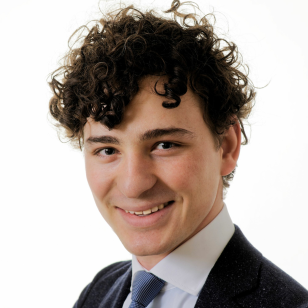
Julien Barrier graduated in Physics from Sorbonne Université (Paris) and is currently a PhD student at the University of Manchester. His research adresses electrical properties of novel two-dimensional electronic systems with a special interest in graphene-based Moiré superstructures for which he tries to uncover new phenomena in sub-kelvin temperatures.
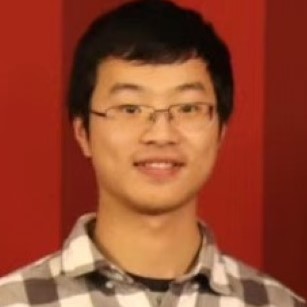
Beilun Wu graduated from Ecole Normale Supérieure de Lyon in France as a normalien élève. He obtained his PhD in physics at CEA Grenoble in France. He is now a postdoc with Isabel Guillamón in the Low Temperature Laboratory in Autonomous University of Madrid in Spain, working on scanning tunneling microscopy experiments on strongly correlated systems at high magnetic fields.
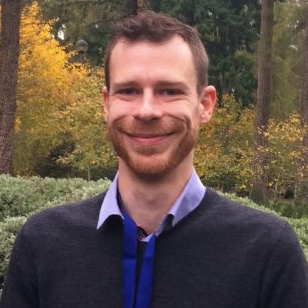
James Robinson graduated with a Materials Science degree from Oxford University. He has a background in Plasma Technology prior to joining Oxford Instruments Nanoscience as a Product Manager for the company’s ultra low temperature systems. Responsible for the new Proteox® system, James has developed a vast knowledge of it’s usability and unique features that makes it an ideal alternative tool for the low temperature research.

Anasua Chatterjee, Niels Bohr Institute, University of Copenhagen, Denmark
The engineering of readout methods becomes crucial as single qubits are scaled up in linear and two-dimensional arrays. In particular, fast, high-fidelity and simultaneous measurements across these small arrays are essential. I will present our work on readout techniques and scaling efforts, in particular involving RF-reflectometry, in small two-dimensional arrays of quantum dots in GaAs and silicon. In these systems we utilize techniques such as crosstalk mitigation, multi-qubit DC and pulse calibration, sensor compensation, virtual gates, and adaptive searching in high-dimensional spaces. These methods, combined with pulsed-gate techniques, enable deterministic single-electron shuttling within the array, and may be beneficial for many other quantum-dot devices or spin- and charge-based hybrid systems.
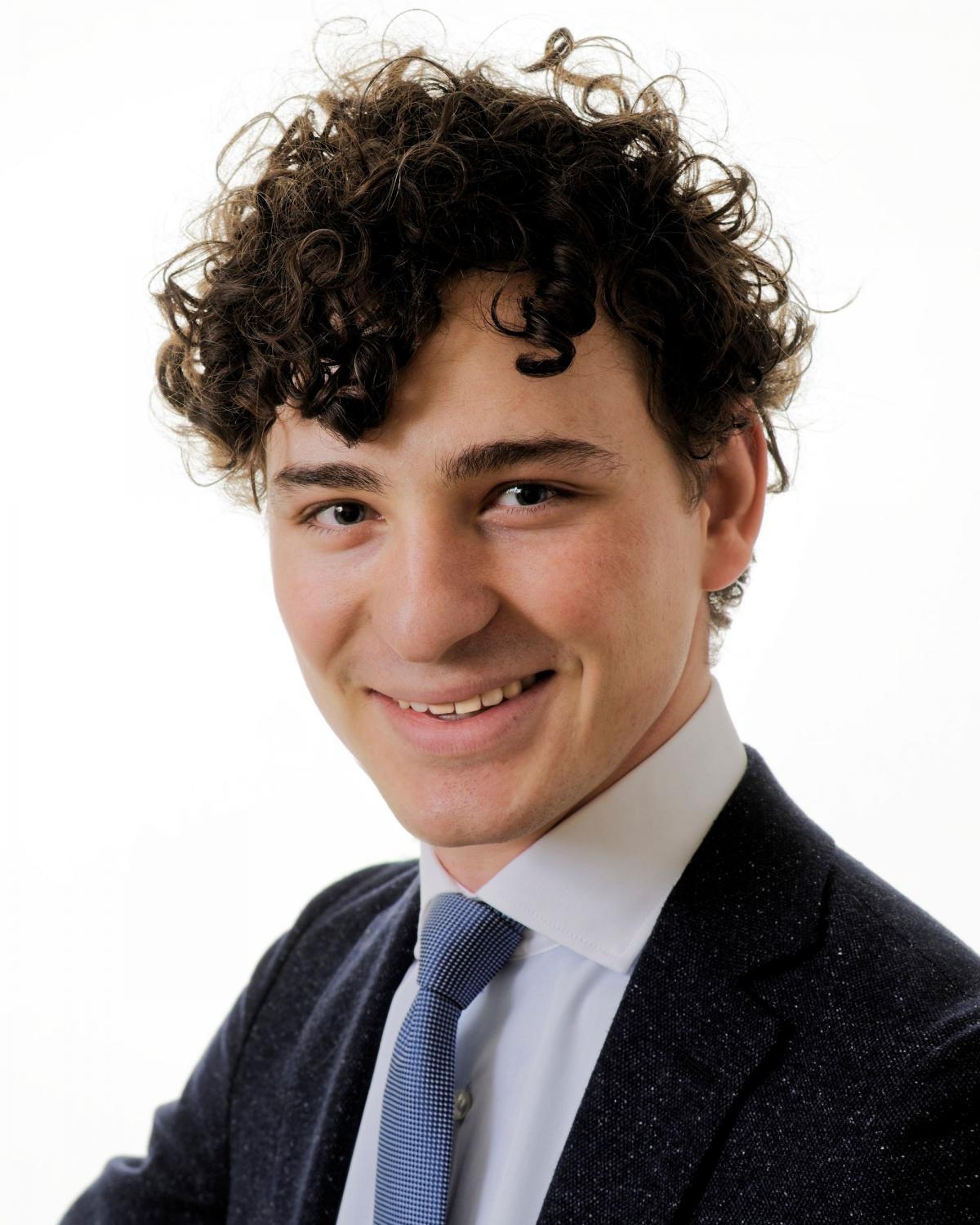
Julien Barrier, University of Manchester, UK
In quantising magnetic fields, graphene superlattices exhibit a complex fractal spectrum often referred to as the Hofstadter butterfly. It can be viewed as a collection of Landau levels that arise from quantization of Brown-Zak minibands recurring at rational (p/q) fractions of the magnetic flux quantum per superlattice unit cell. I will show that, in graphene-on-boron-nitride superlattices, Brown-Zak fermions can exhibit mobilities above 106 cm2 V-1 s-1 and the mean free path exceeding several micrometres. High resolution measurements and high quality devices allow us to show that Brown-Zak minibands are 4q times degenerate and all the degeneracies (spin, valley and mini-valley) can be lifted by exchange interactions below 1 K. Moreover, in some parts of the Hofstadter spectrum, Landau levels exhibit nonlinear and staircase-like features that cannot be explained within a single-particle picture.
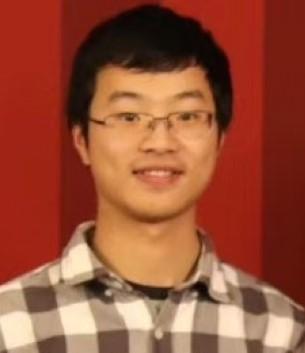
Beilun Wu, Autonomous University of Madrid, Spain
Recently, extremely-large, non-saturating magnetoresistance observed in many semi-metallic compounds has aroused great discussion. In some cases, the magnetoresistance reveals a puzzling linear behavior, whose origin is under debate. Here we present angular-dependent magnetoresistance studies up to 22 Tesla in a topologically non-trivial semimetal PtBi2. The measurements have been performed with the help of an Oxford 20+2 T superconducting magnet. We show through systematic angular-dependent magnetotransport and Shubnikov-de Haas quantum oscillations measurements, that a perfect linear magnetoresistance appearing at one specific field angle in this system comes from the presence of open orbits. I will also present some first images made at 20 T using a new Scanning Tunneling Microscope and some data on a pnictide superconductor.

James Robinson, Product Manager, Oxford Instruments, UK
This webinar provides an overview of the new Proteox dilution refrigerator from Oxford Instruments, highlighting the key features and suitability for many quantum computing and qubit scale-up applications. The Proteox system is an essential tool for low temperature researchers, providing advanced research capability. It enables a step change in Cryofree system modularity, designed for enhanced adaptability, reliability and increased experimental capacity. If you are dealing with low temperature experiments, don’t miss this webinar.
Our technical and commercial teams will be here on the event page throughout the roadshow for live chat to answer any questions about our systems.